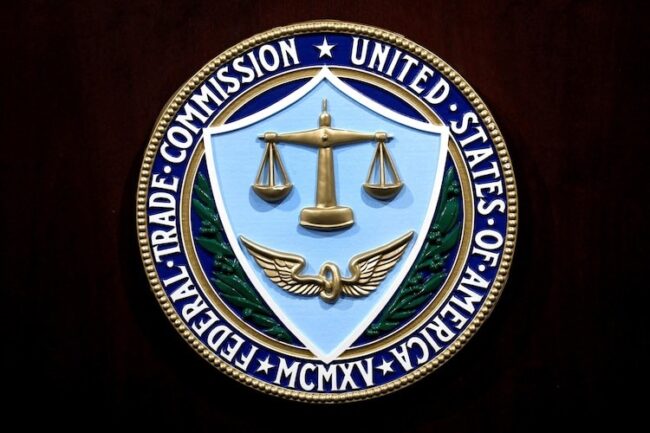In a sweeping change that could save American consumers time and money, the Federal Trade Commission (FTC) on Tuesday finalised a rule that would ban surprise “junk fees” for live event tickets, hotels and vacation rentals.
The rule would require businesses to disclose total prices upfront, rather than tacking on extra costs like “convenience fees” or “resort fees” when consumers check out online.
“Whatever price you see is the price that you are paying at the end, no more mystery surprise fees at the very end of the process, which really cheat consumers and also punish honest businesses,” FTC Chair Lina Khan said in an exclusive interview with ABC News.
The FTC said the final rule, which takes effect around April of next year, could save consumers 53 million hours of wasted time searching for the total price of live event tickets or short-term lodging equal to about $11 billion in savings over a decade.
The rule would not stop businesses from charging fees. However, they would be required to list prices clearly from the onset and to display the total cost more prominently on a website than any other price.
“This should really provide the American people with just some more clarity and confidence so they don’t feel like they’re getting cheated or having to be bait and switched by all of these deceptive pricing tactics. This is really about saving people money and saving people time,” Khan said.
The change is part of a broader push from the administration of President Joe Biden to lower costs as households have been plagued by stubborn inflation. Last week the Consumer Financial Protection Bureau announced a final rule to curb bank overdraft fees.
In a statement to ABC News, Biden said: “Today’s announcement builds on work across my Administration to ban junk fees and lower costs — saving many families hundreds of dollars each year.”
The US Chamber of Commerce has opposed the rule, calling it “nothing more than an attempt to micromanage businesses’ pricing structures, often undermining businesses’ ability to give consumers options at different price points.”
The business lobbying group has already sued the FTC over other regulations, including a rule to ban non-compete agreements for millions of workers.
(ABC NEWS)
ALSO READ FROM NIGERIAN TRIBUNE
Sara Sharif’s murder: Father, stepmother sentenced to life imprisonment




